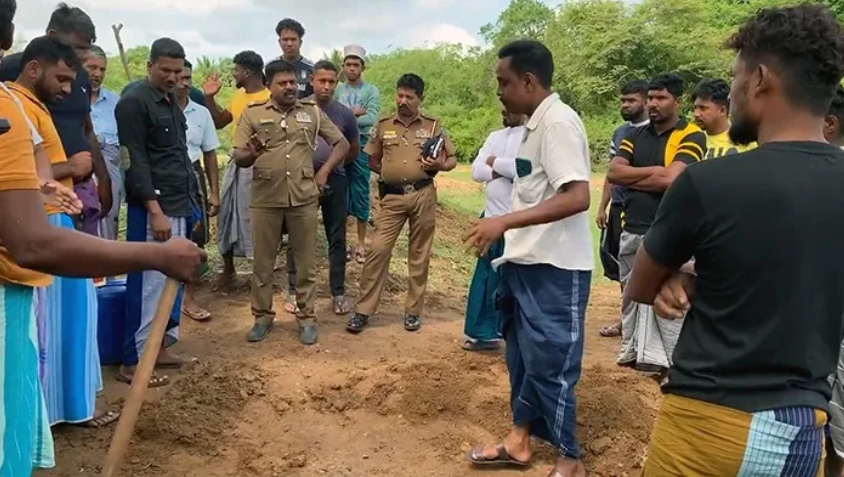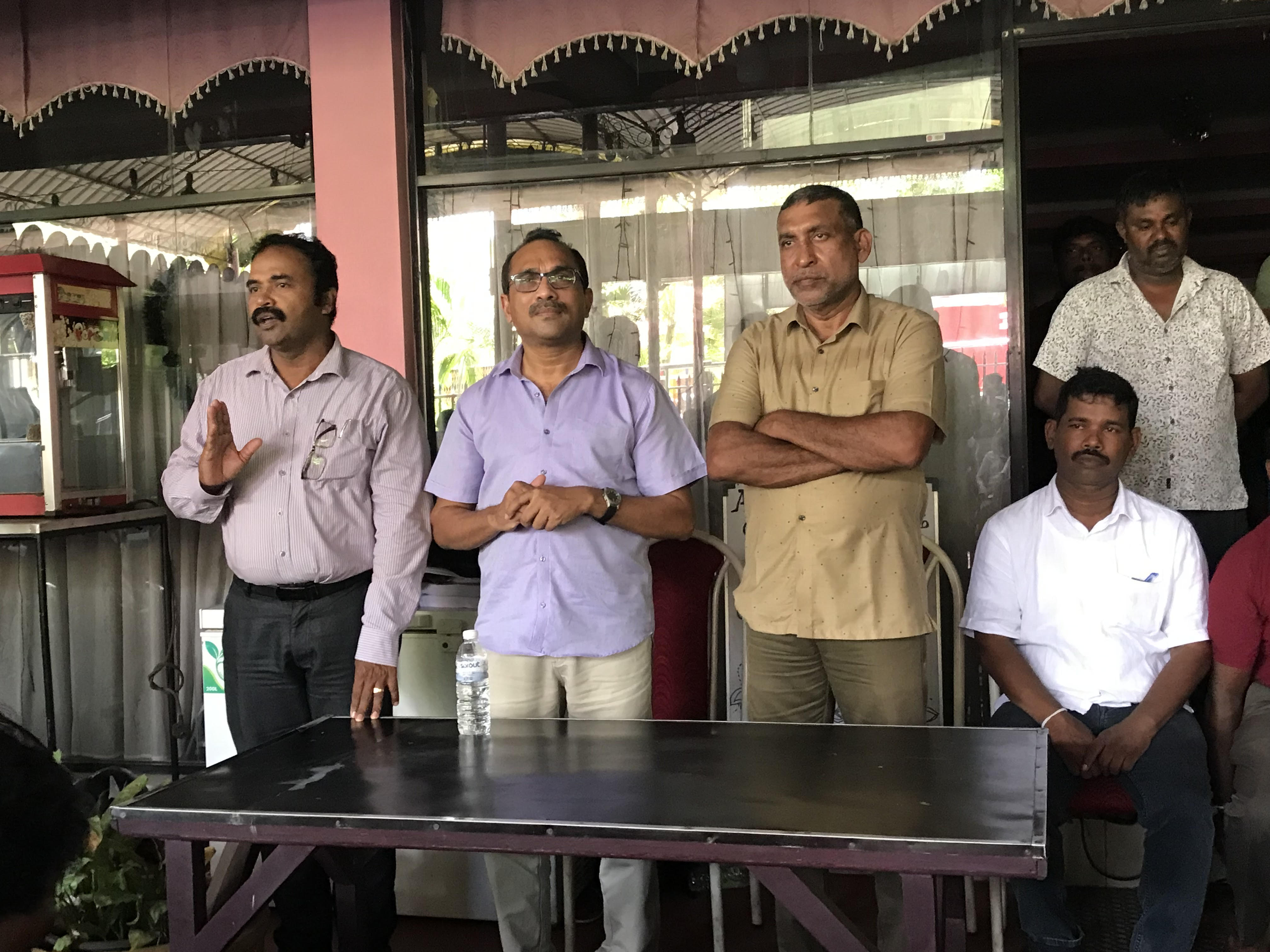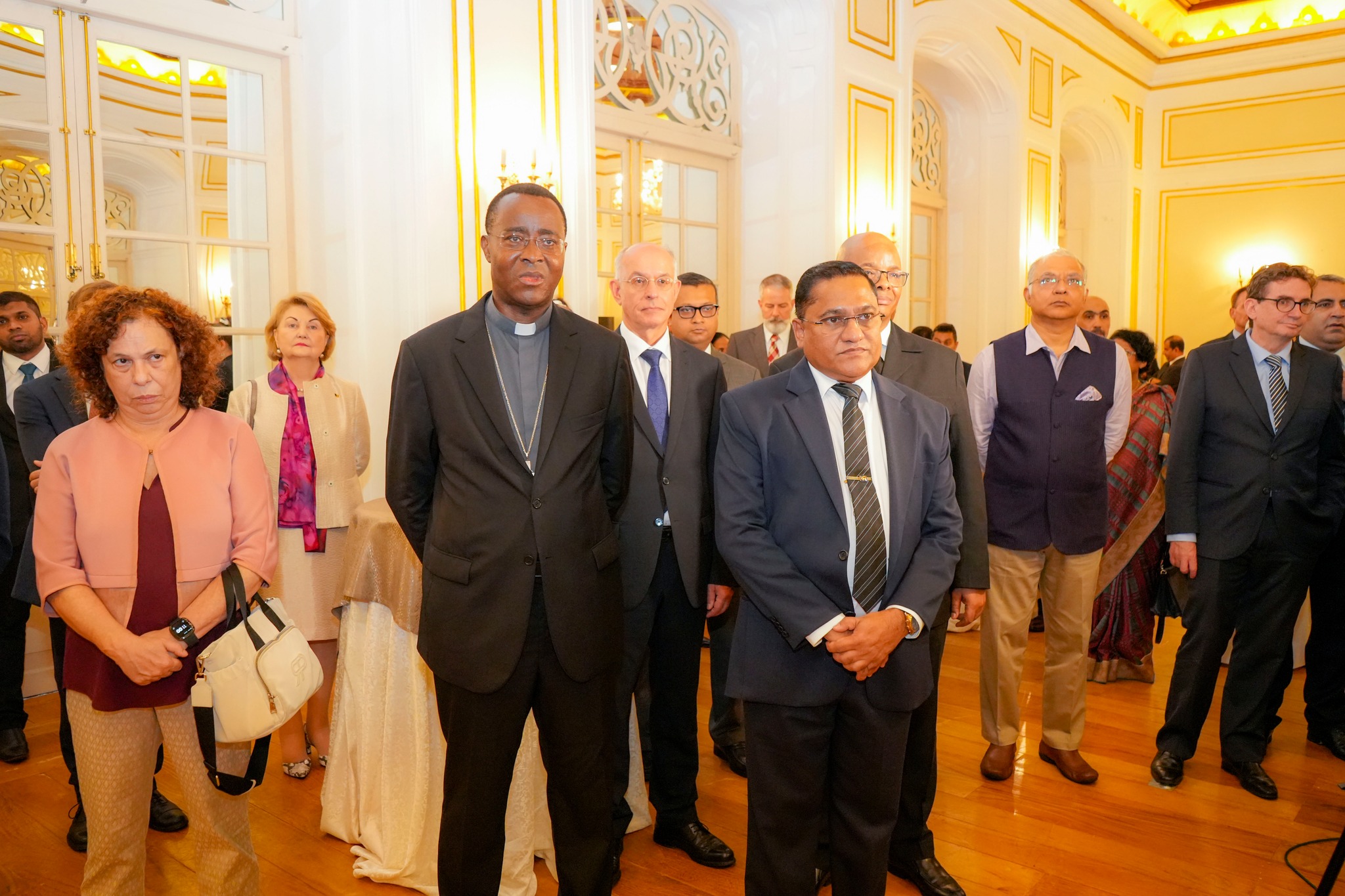Eelam Tamils demand new Governor help to release military occupied land
.jpg)
Eelam Tamil residents and activists staged a protest outside the Northern Province Governor's office in Jaffna this week, demanding the return of land that remains occupied by the Sri Lankan military.
The demonstrators, hailing from villages in the Mullaitivu district, handed over a letter to Governor Nagalingam Vethanayahan, urging immediate government action to restore their homes and ancestral lands. Among the protestors were residents of Keppapulavu, a village in the Mullaitivu district that has become a symbol of the Tamil struggle for land restitution. The people of Keppapulavu have been fighting for the release of their lands since March 2017, when they began a prolonged campaign that has attracted widespread support from Tamils across the North-East and the diaspora.
The demonstrators also presented demands from other Tamil villages, including Kokkuthoduvai, Kokkilai, and Karunadkeni, and residents owning lands in the Mahaweli "L" zone of Mullaitivu.
.jpg)
In Keppapulavu critical community infrastructure including schools, health centers, temples, and churches remains under military control. The ongoing military occupation has severely affected their livelihoods, particularly in agriculture, leaving many families in a state of poverty. Earlier this year, residents protested in front of the District Secretariat Office, demanding inclusion in a government welfare program that provides financial assistance to impoverished citizens. The protestors argue that their exclusion from this program is due to the military’s continued control of their lands, which has prevented them from cultivating and maintaining their property.
The protestors also mentioned in their letter, the obstacles in reclaiming their lands belonging to the Mahaweli L Zone. The Mahaweli development project, originally intended for agricultural development, has been criticized for altering the region’s demographic composition through the establishment of Sinhalese settlements in predominantly Tamil areas. Research has shown that these settlement schemes are part of a long-standing policy of Sinhala colonization, supported by Sri Lankan governments, to dilute the Tamil presence in the North-East. Tamils have voiced concerns that the government is using land redistribution programs like the Mahaweli project to displace Tamil populations and strengthen Sinhalese-Buddhist control over the region.
Keppapulavu residents have previously petitioned Sri Lankan officials, including the President and Mullaitivu District Secretary, but they have seen little progress. For years, they have maintained their protests peacefully, but frustration has grown as government promises remain unfulfilled.
Although almost 15 years have passed since the end of the armed conflict the Sri Lankan military continues to control and occupy vast swathes of land in the Tamil homeland, forcing families to remain displaced. According to the Jaffna-based organisation, Adayaalam Center for Policy Research (ACPR), 30,000 acres remain under occupation in Mullaitivu.


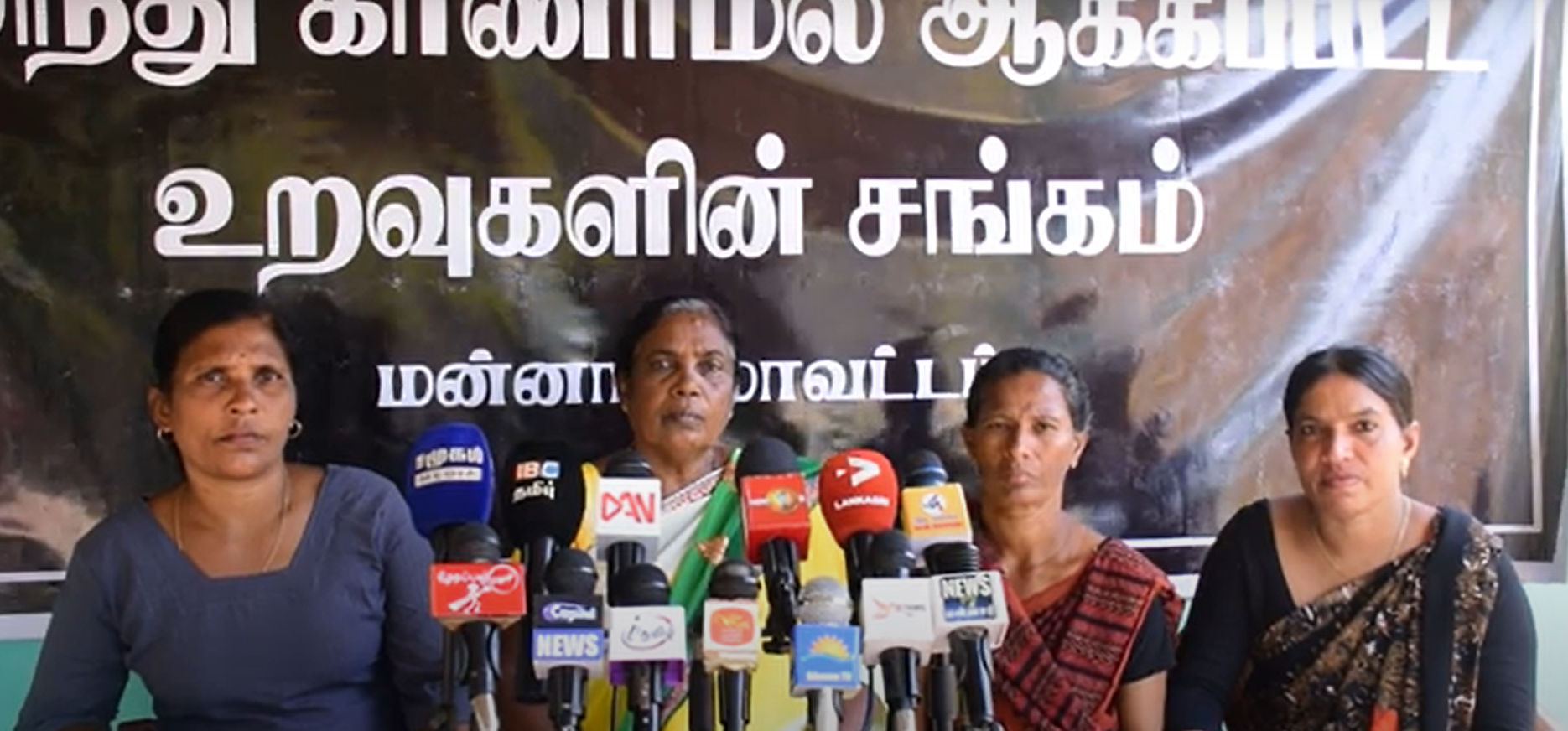

.jpg)
.jpg)
.jpg)
.jpg)
.jpg)

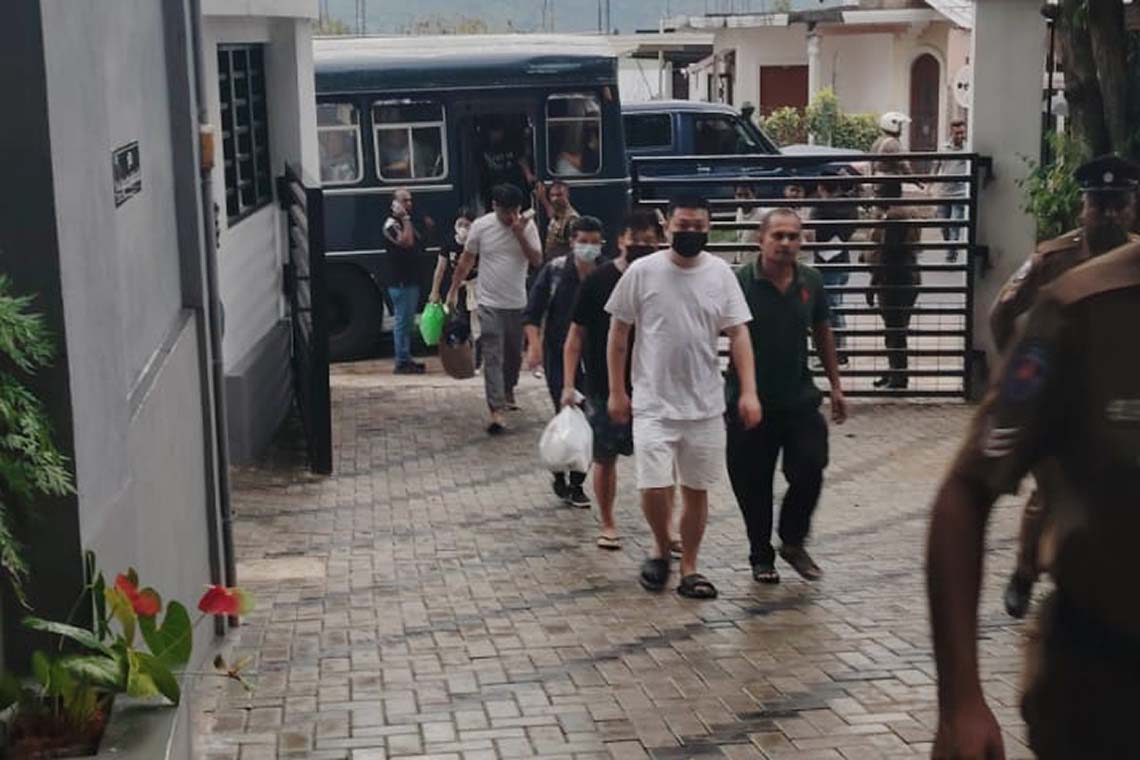

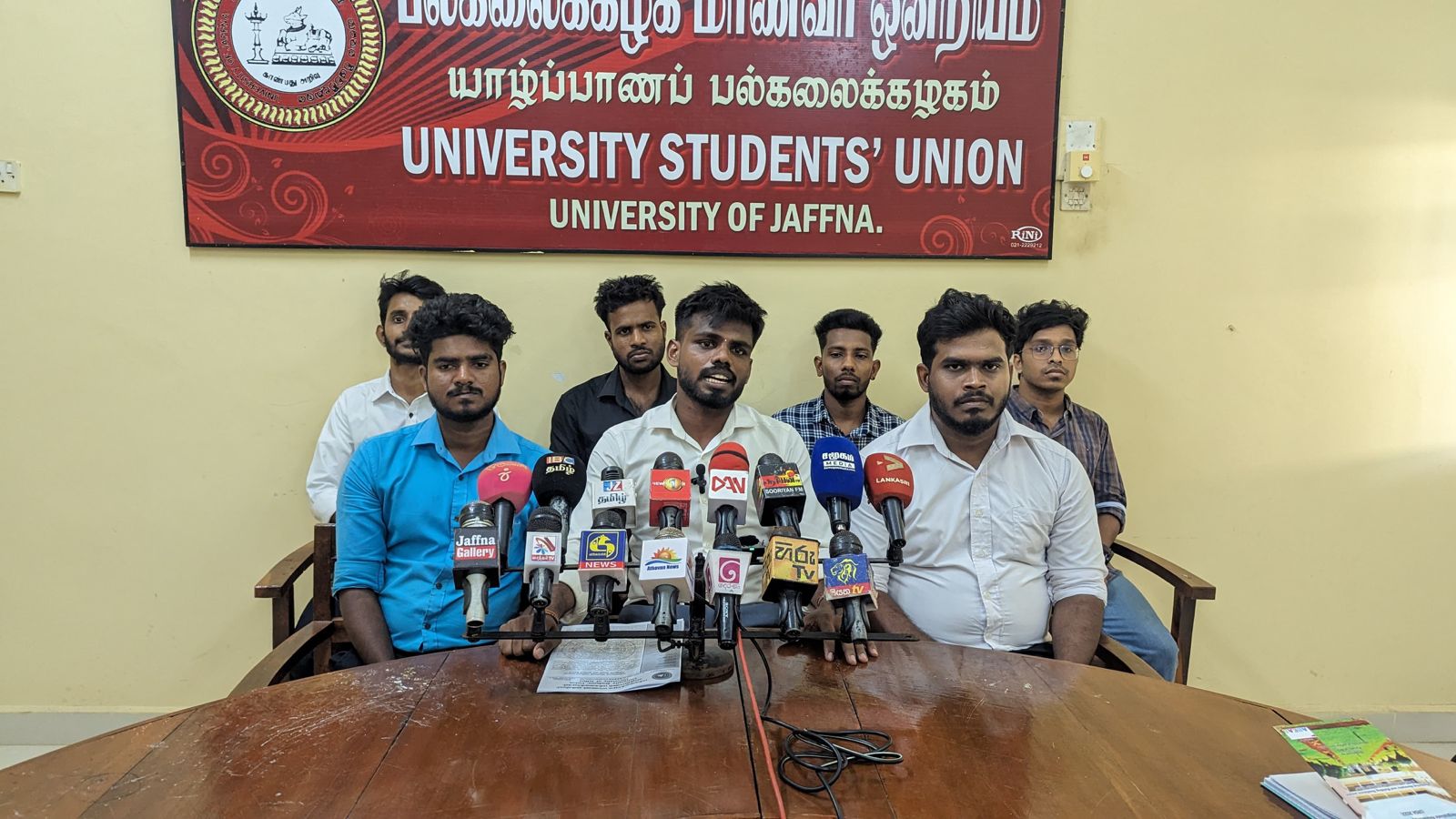


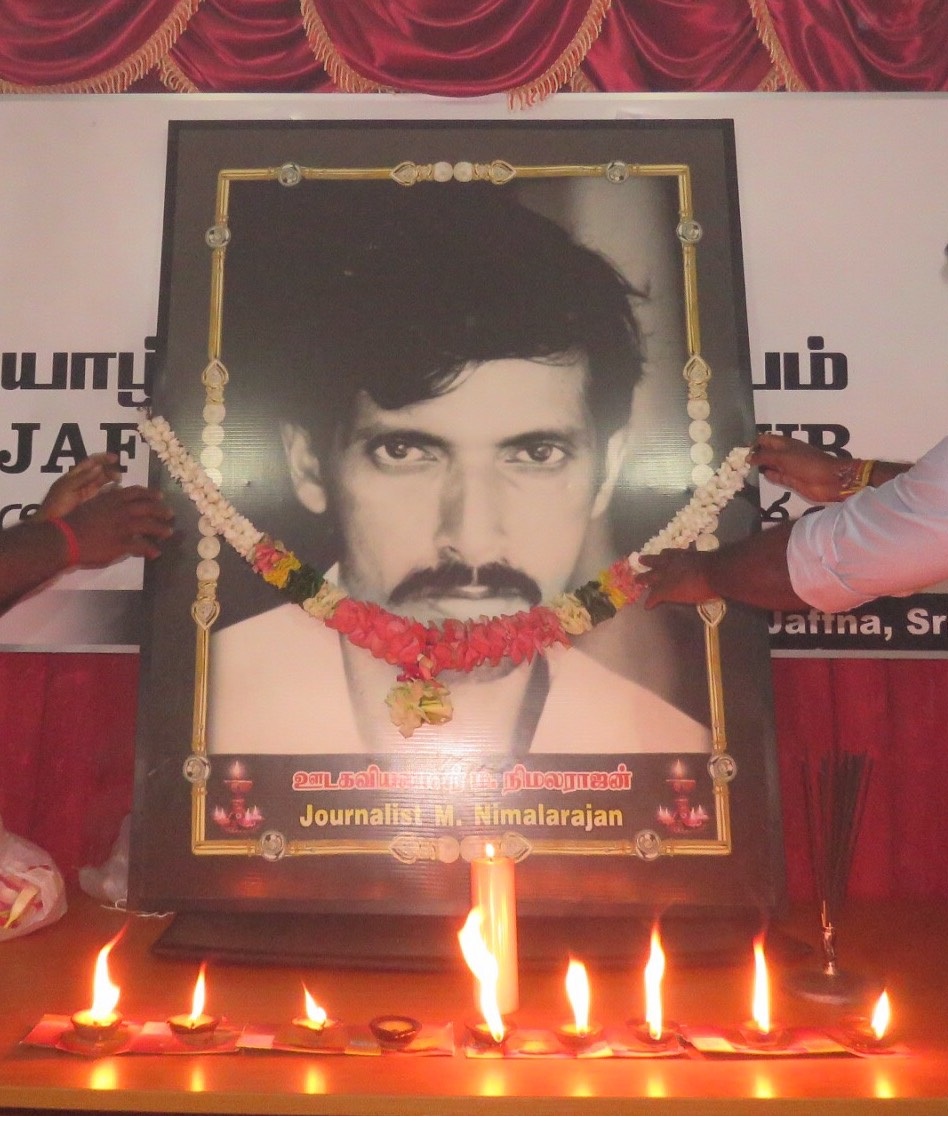
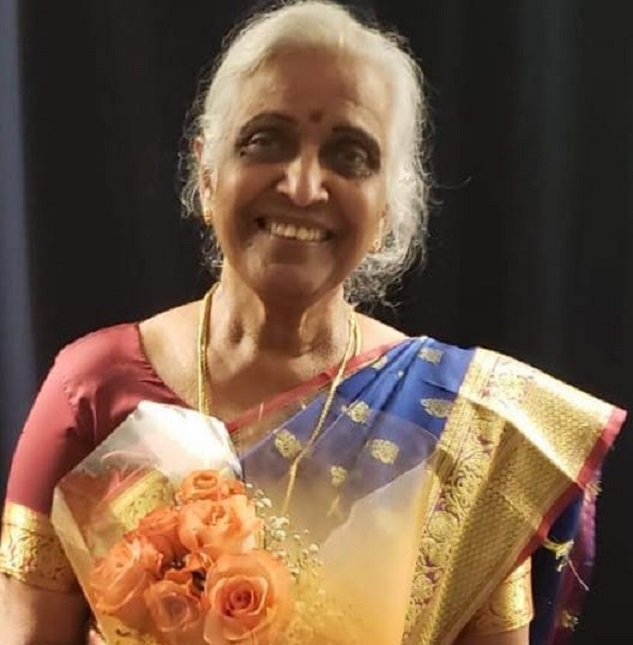

.jpg)

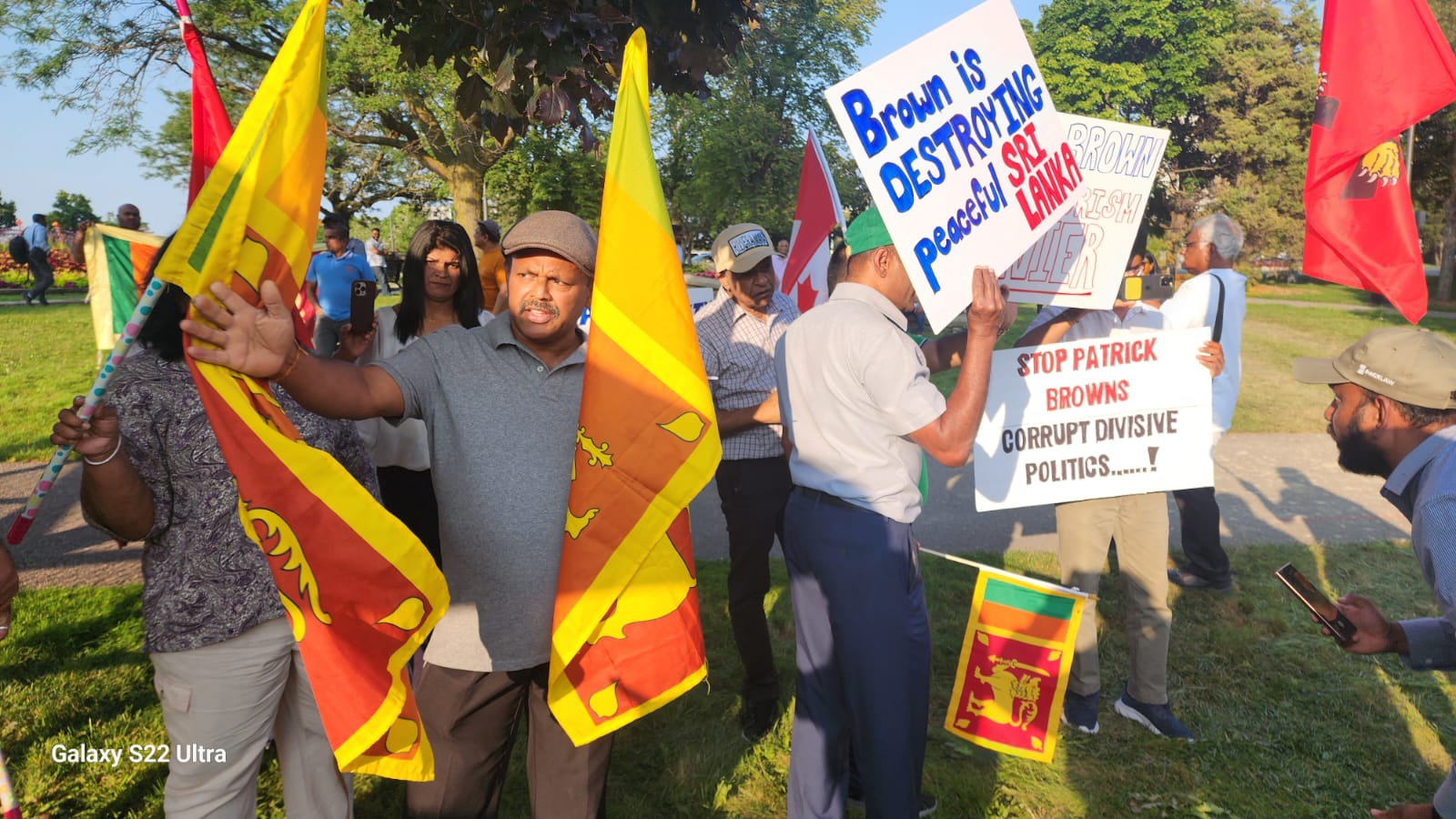

.jpg)
.jpg)
.jpg)
.jpg)

